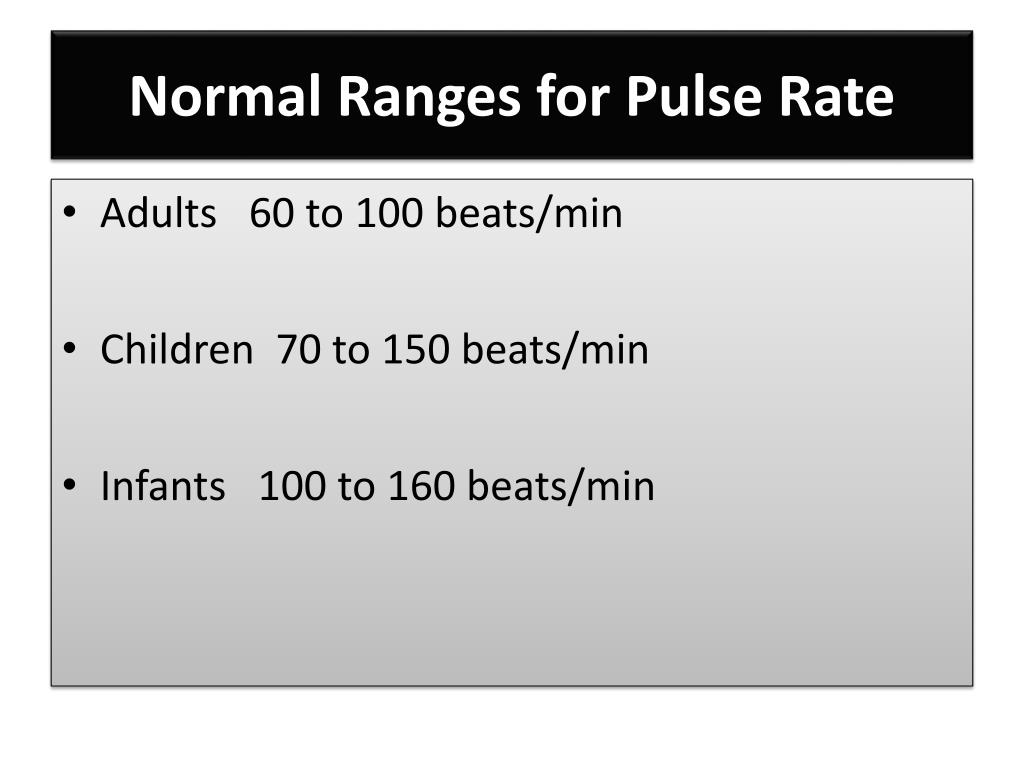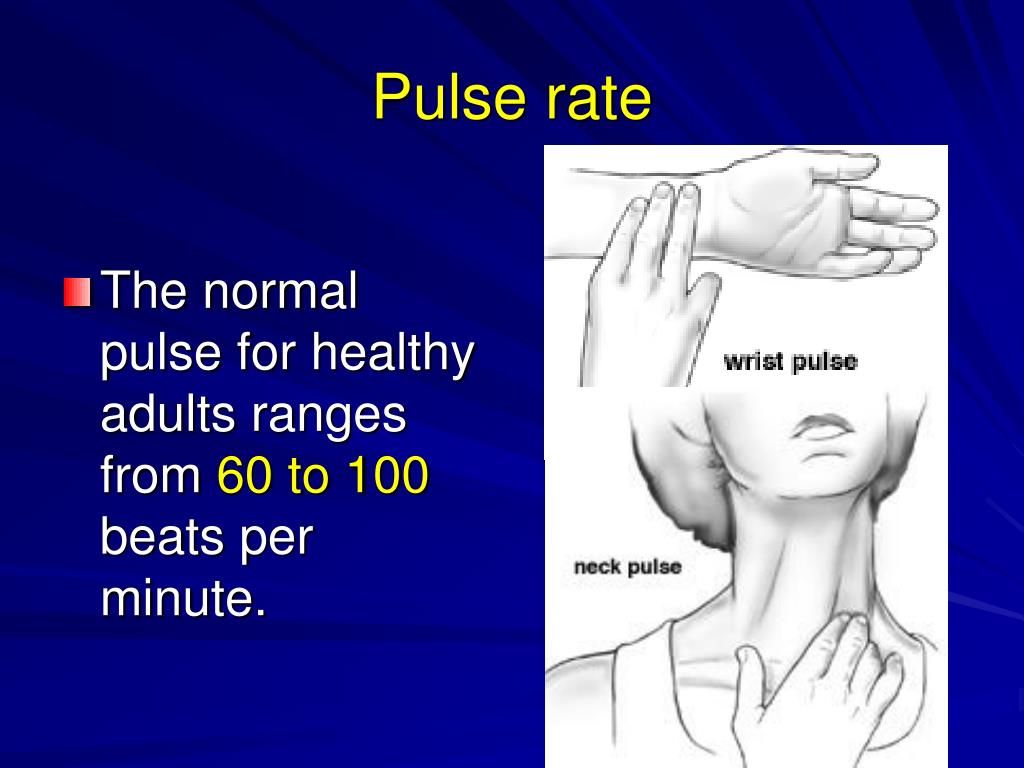

You can have a heart rate in the 30s or in the 120s, but if your heart rhythm is normal, that may not be dangerous. Regardless of age, it’s also normal for someone’s heart rate to dip lower than usual during sleep.Įven more important than your heart’s rate is its rhythm. Older individuals also sometimes have a heart rate under 60 BPM. This is because exercise strengthens the heart muscle, allowing it to pump more blood with each heartbeat, so the heart beats fewer times per minute. Well-conditioned athletes often have a low resting heart rate in the 40s or 50s. If you have other symptoms along with a slow heart rate such as dizziness, fainting, fatigue, confusion or shortness of breath, see your health care provider. Medications, sleep apnea, fitness level, an underactive thyroid, hypothermia, anorexia or a disorder affecting how electrical impulses travel through your heart are some of the causes of a slow heart rate. That, too, can be caused by several different factors. Instead of a consistently fast heart rate, say yours is often under 60 beats per minute.

Left untreated, these conditions could lead to heart failure. Atrial fibrillation, atrial flutter and supraventricular tachycardia are all conditions in which the heart beats faster than normal or at an erratic pace. However, if your heart rhythm is irregular, the question of whether you need to be concerned depends on what’s causing it. What’s driving your heart rate up could be dehydration, anxiety, fever, medications, anemia, sleep deprivation, an overactive thyroid or another issue. If your heart rhythm is regular and yet you have a fast heart beat - over 100 BPM - your high pulse rate likely isn’t heart-related. It could be regular, irregular, fast or slow.Ī health care provider can tell if your heart rhythm is regular by listening to your heart with a stethoscope or examining an electrocardiogram or EKG, a test used to evaluate the heart. Your heart muscle contracts and relaxes in a certain pattern.

That includes caffeine and other herbal and medicinal stimulants.īesides the rate of your heartbeat, your heart’s rhythm is another indicator of whether your heart is healthy. A normal pulse or heart rate is between 60 and 100 beats per minute (BPM) taken when you’re not exercising, known as your resting heart rate.Īnything that causes increased stimulation, whether physical or emotional, could increase your heart rate. Heart attack? Panic attack? The symptoms can be similar.Ī fast-beating heart may be concerning or it could just be anxiety, which can come and go.


 0 kommentar(er)
0 kommentar(er)
